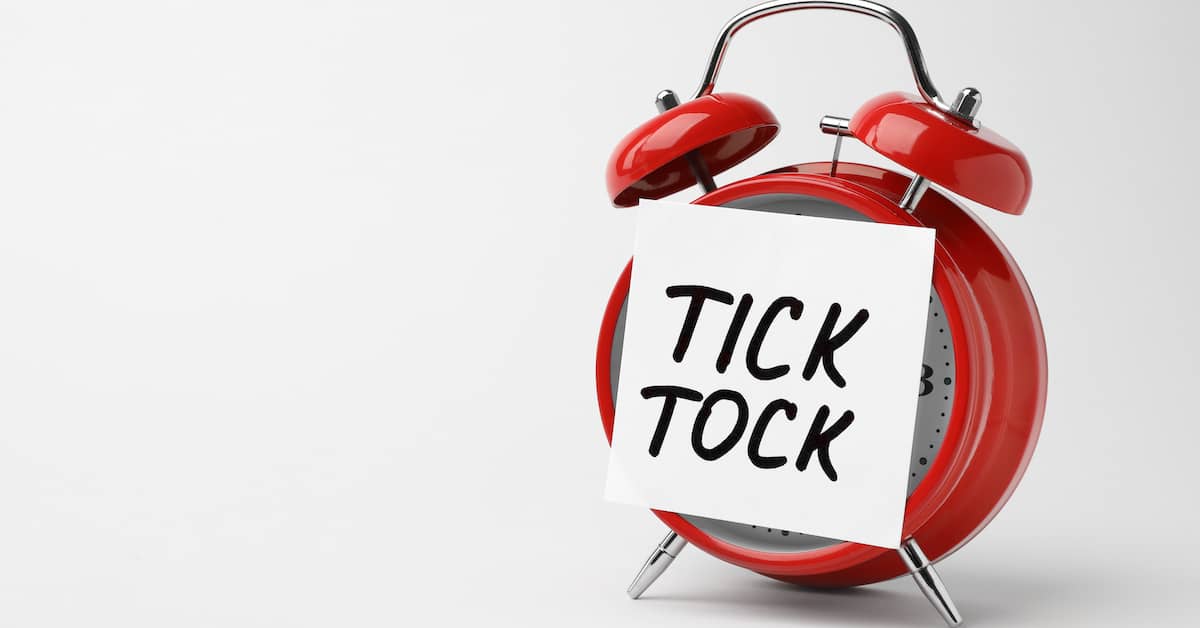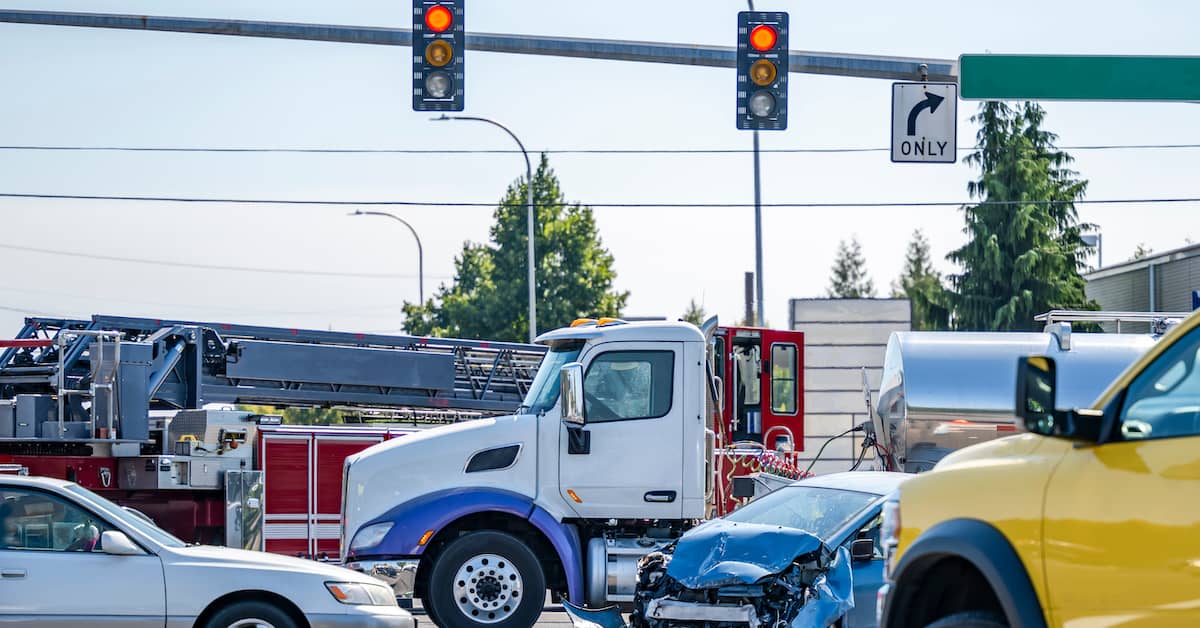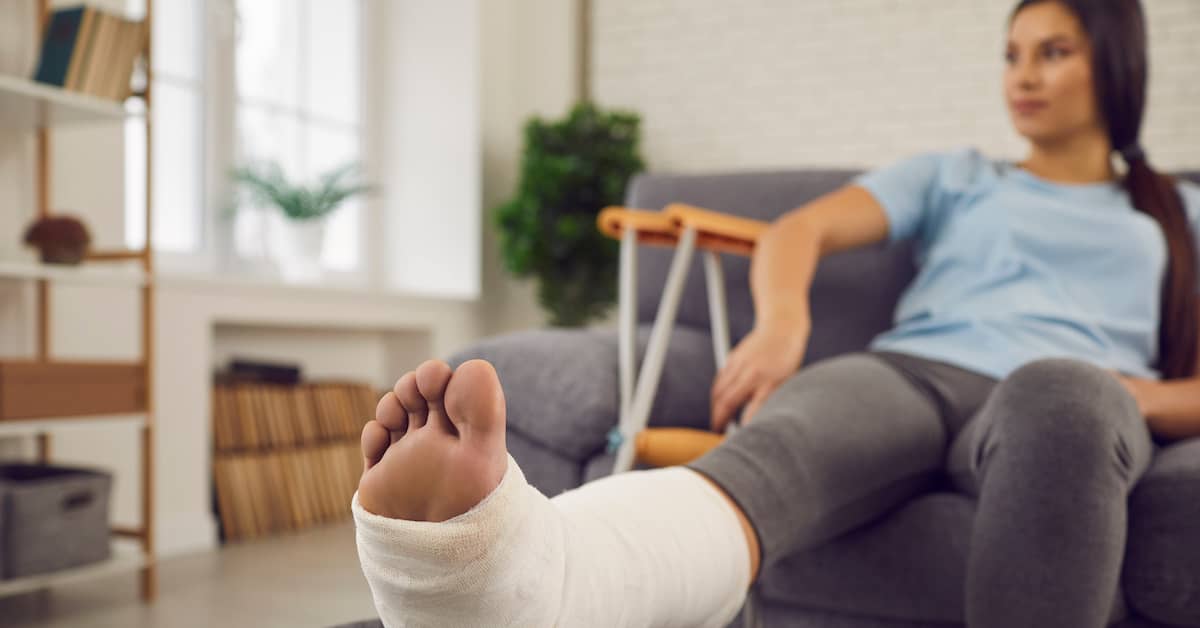What Is the Florida Premises Liability Statute of Limitations?
After being injured on someone else’s property, understanding the Florida premises liability statute of limitations will help ensure you take the proper next steps. It can be difficult to know what to do, especially if the property owner claims it was your fault or simply an unfortunate event. Know that moving quickly is imperative.
The good news is that if you were injured due to a property owner’s negligence, you may be able to pursue compensation for medical bills, lost wages, pain and suffering, and more. That said, it can be a complicated process. We recommend speaking with an experienced premises liability attorney who can evaluate your claim and advise you on the best path forward.
At Colling Gilbert Wright, our premises liability attorneys have a great deal of experience supporting victims of slip and falls and other injuries. We are here to help you through this challenging time with the integrity and compassion you deserve.
If you believe you may have a viable claim, get in touch with us today. We will make sure you seek just compensation within the Florida premises liability statute of limitations. Call us at (407) 712-7300 for your FREE case review. We proudly serve our neighbors in Orlando and throughout Florida.
What Is the Premises Liability Law in Florida?
Premises liability laws apply to property owners throughout Florida, including store owners, landlords, offices, and even homeowners in some situations. In most cases, each of these parties has a responsibility to ensure their properties are safe for others and free from hazards.
Hazards can include conditions such as:
- Unmarked wet floors
- Uneven stairwells
- Inadequate hand railings
- Poor lighting
- Lack of swimming pool safety
- And more
Premises liability can also apply to keeping properties safe from criminal activity. For example, if a landlord does not provide sturdy locks or make residents aware of recent criminal activities, they could be liable for criminal acts committed against tenants, such as robbery, rape, assault and battery, and more.
What Is a Statute of Limitations?
Statutes of limitations, which apply to many criminal and civil matters, are time limits that govern how long after an incident someone can bring a legal action against another party.
In criminal matters, this applies to how long the government can bring legal action against a citizen. In civil matters, on the other hand, a statute of limitations governs how long an individual has to bring legal action against another individual or entity.
These limitations apply to all personal injury claims, including car accidents, medical malpractice, wrongful death, premises liability, and more.
Read More: What Is the Most Common Premises Liability Injury?
What Is the Statute of Limitations for a Premises Liability Claim in Florida?
As of today, the Florida premises liability statute of limitations is 2 years from the time of the incident. Before March 2023, the statute of limitations for negligence claims was 4 years, but the time limits were shortened in an attempt to decrease litigation in the state. However, this change can also make it more difficult for accident victims to recover the compensation they deserve for their damages.
Are There Any Exceptions to the Florida Premises Liability Statute of Limitations?
Some rare exceptions can apply to the statute of limitations, including:
- If the accident victim was a minor, the 2-year time period does not begin until the victim is 18.
- If the accident victim is of unsound mind, the 2-year statute of limitations will not begin until their mental capacity is restored.
- If the liable party is hiding or has left the state, the statute of limitations would not apply until they are located and/or back in the state.
Exceptions can work against accident victims, as well, such as when the premises liability claim is against a government entity. These cases become incredibly complicated. It is imperative that you reach out to an experienced attorney as soon as possible.
How Do I Know If I Have a Premises Liability Claim?
Being injured on someone else’s property does not automatically mean you have a premises liability claim. Instead, you must prove that a few specific things were true:
- That the property owner owed you a duty of care
- That they breached this duty of care
- That this breach caused your injuries
- That your injuries resulted in damages
While this may seem straightforward, it’s important to note that each of these steps can be complicated to prove, particularly regarding whether they breached their duty of care.
If, for example, you slip and fall in a store because of a spill, you must be able to prove that the store owner or manager knew about that spill—or, at least, should have known about it—and chose to do nothing.
If the spill happened moments ago, and the owner or manager had not yet had time to be made aware of the spill or adequately remedy the situation and remove the danger, then they would not be held liable for the accident.
“If a person slips and falls on a transitory foreign substance in a business establishment, the injured person must prove that the business establishment had actual or constructive knowledge of the dangerous condition and should have taken action to remedy it.”—Florida Statute § 768.0755
Ultimately, knowing whether or not you have a viable case can be a complex question that requires the assistance of a premises liability attorney with experience evaluating and navigating the legal process.
Contact the Dedicated Premises Liability Lawyers at Colling Gilbert Wright
The most important thing to understand about the Florida premises liability statute of limitations is that you should never wait to begin the claims process if you believe you have a right to compensation.
While 2 years may sound like plenty of time, investigating a claim, gathering evidence, proving negligence, negotiating with insurance companies, working with expert witnesses, and arguing your case in court (if necessary) takes time. Further, the longer you wait to begin the process, the more likely it is that evidence will be lost and witnesses will be harder to track down.
Read More: What Types of Cases Do Premises Liability Lawyers Handle?
The good news is that speaking with a premises liability attorney at Colling Gilbert Wright is FREE. We will be glad to discuss your situation and how to best proceed. To get started, contact our Orlando premises liability lawyers for your FREE consultation, and we will do everything we can to protect your rights.

 (407) 712-7300
(407) 712-7300































